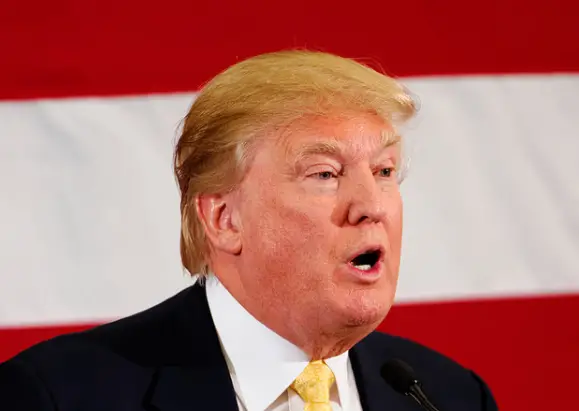
President Trump just signed an executive order stating that for every regulation passed, two regulations must be taken away. He promised as much in his 100 days. This is vaguely-worded to the point that it’s almost juvenile, which makes the EO all the worse.
Aside from the environmental implications of a ban like this three years into the Flint, Michigan water crisis, the economic fallout could be, for many Americans, debilitating. I’m specifically referring to when he called out Dodd-Frank as a “disaster.” The move may not cover the SEC now, but it’s only a matter of time.
Why are we so obsessed with deregulation? It’s only ever hurt us — environmentally and economically — while allowing the rich to just get richer. History has taught us as much.
In the 1920s, Americans spent money they didn’t have on credit thanks to an increasingly deregulated economy. In 1929, the stock market crashed, and the Great Depression lasted until WWII pulled us out.
In the 1990s, Bill Clinton repealed the Glass-Steagall Act. It was put in place in response to the Great Depression, and the repeal of such an act was a huge deregulation, allowing banks to grow with even less oversight. Bush continued what Clinton started, deregulating the economy even more until 2008.
Since 2008, the banks have only gotten bigger. Dodd-Frank is the only legislation that’s been put in place to safeguard against another collapse happening. The housing bubble has gone back up again — rent in Los Angeles, for example, is incredibly inflated — and banks are feeling better about lending credit to customers with not-great credit. It is a recipe for yet another, perhaps even worse, economic collapse in the next few years.
https://twitter.com/egyptiansteven/status/826586352200212480
In the book Too Big to Fail, one of the most striking aspects is seeing that these leaders of Wall Street a) knew that at one point, things had to go south, because capitalism is cyclical and b) didn’t care, even going so far as to fire or demote “naysayers,” because in the short term, they were making money. They continued to make reckless deals and package reckless bundles of assets without paying much attention to what they were buying and selling.
This is why regulations are needed. It is human nature to get amped up on making a ton of money in the short-term, and it’s hard to fault the instinct. Anyone who has worked in sales knows how good a hot streak feels. But that’s why we need regulations — to keep that part of you in check. The average person does not self-regulate in these situations (as proof, the ONLY bank that didn’t engage with these terrible bundles was Wells Fargo, because Richard Kovacevich admitted he didn’t understand these bundled assets enough to invest in them — Kovacevich is the exception, not the rule), and when we’re playing with as much money as Wall Street has, the consequences are dire.
So when I hear a politician say, “let’s deregulate the economy,” I hear someone saying, “I want to make a lot of money now, and the middle class can go fuck itself.” I hear someone saying “I don’t want someone to curb how much money I’m making, even though my callous actions will inevitably tank the economy and put millions out of work.”
Get your savings accounts together. This executive order, and the mindset indicated by it, just promised another economic depression, and President Trump will probably revel in it.
Featured image: Michael Vadon





Leave a Reply